|
Since 2021, Island Reach has been partnering in a co-funded project to support an agroecology and enterprise initiative with rural women across Bangladesh. We have made two trips to Bangladesh during this period and have worked together extensively online.
This entry provides some overview of the project. Our current global agrifood system is responsible for a major portion of global greenhouse gas emissions. New and revised models and tools intended to feed the world’s growing population are plentiful, virtually all drawing on some version of “sustainability”. Agroecology is a holistic and integrated approach that applies ecological concepts and principles to the design and management of sustainable agriculture and food systems. Going even further, agroecology is the one alternative that involves not only science and practices, but also includes frameworks and visions of a growing global social movement. It is with respect to these social and political dimensions that have co-evolved with the food sovereignty movement that lead many to advocate for agroecology as a fundamentally transformative paradigm. Agroecological approaches are not Western-centric; rather they entail a process of knowledge co-creation, prioritizing and elevating traditional knowledge and ways of being. Most people in Bangladesh are unfamiliar with agroecology and food sovereignty movements, yet many of their aspirations and drive for change echo core values, including freedom from market subjugation, control over seed and crop decisions, healthy foods, clean water, and meaningful livelihoods. While Bangladesh has made significant improvement in poverty reduction since Independence in 1971, the country still has 35 million living below the poverty line and one of the highest rates of malnutrition in Asia. Women and children are most affected. Currently, 75% of the total land dedicated to agriculture is planted with rice. An agroecological view of this fact is that such food cultivation practices cannot ensure real environmental and social sustainability. Supporting communities to identify obstacles as well as solutions that best suit them is key for successful allyship. Since 2016, United Purpose Bangladesh (UPB) has worked towards this goal with rural women farmers and crafters to help build social enterprise cooperatives characterized by collective governance. Over the past six years, the cooperative model has evolved towards a focus on supporting agroecological transitions for women and their communities. Providing capacity building and training is essential in the country given that reliance on commercial inputs has been historically emphasized and supported by the state. In helping launch a new association called Nari Jhuri, (Women's Basket), UPB is helping create networking opportunities for women both locally and regionally to strengthen knowledge, share practices, and design markets as part of mobilizing a women-led movement for agroecology. UPB's efforts to support Nari Jhuri members has included training and assistance for producing and using natural fertilizers, increasing crop diversity, creating seed banks, and more recently, reframing markets. This reframing includes efforts to create a distinctive identity for Nari Jhuri in local and regional markets based on agroecological principles and reclaiming food narratives. This is where Island Reach has joined with UPB to explore mobilizing Nari Jhuri's vision to be a community and trading space "touchstone", driving creative mapping narratives towards actional and viable alternatives to the industrial food system. Throughout this project, there were several aims in using alternative markets as an entry point. These included: 1) amplifying autonomy and disentangling the women of Nari Jhuri, along with their communities, from marginalization and subjugation to modes of productivity at the heart of agro-industrial model; 2) reducing dependency on large buyers and costly middlemen; and 3) bolstering their distinctive products and “brand identity” in contrast to imported or industrially-farmed foods. Additionally, markets are not only about what producers sell, but what Nari Jhuri women and other consumers can buy. In Bangladesh as in many parts of the world, small-scale farmers are often net food buyers. Farmers can become caught in a pattern of selling the more nutritious products they produce while purchasing cheaper, often imported "fast-foods' to feed their families. Working towards a model where farmers can both sell and consume their own agroecologically produced foods is vital. With all this in mind, creating market options for agroecology requires noting that markets are but one mechanism for acquiring foods; all foods are not nor should be destined for markets. There are other ways of exchanging resources within communities and sustaining people's rights to eat and enjoy nourishing foods in a sovereign context. Our collaboration used a relational approach to help mobilize agroecological transformations at localized scales. Emerging from theories about narrative framing and transformative agency, we have worked with Nari Jhuri members on a variety of agricultural and market practices and strategies, using a Value Web processual tool that was developed as part of our collaboration as well as a range of participatory processes so that the women can chart locally determined pathways forward. Parts of this entry are adapted from a forthcoming article to appear in a special issue devoted to agroecology and ways of knowing and being in the journal, Elementa: Science of the Anthropocene.
0 Comments
Many thanks to the over 200 international viewers who gave Immuto (change) a view over recent days. Comments have been enthusiastic and helpful to forward plans.
A small, volunteer grassroots project can only gain public traction with your help, so we'd be very grateful for a brief comment/review about Immuto, its impact on you and relevance. We welcome both personal and professional statements, or if you prefer, you can send them by email. During this pandemic in the midst of the climate emergency, we’re attentive to the surge of famine and food insecurity across the world which will further compress survival with climate awareness, justice, and food sovereignty. As aid organizations pivot to this global emerging catastrophe, Island Reach will press for the connections between relief and food security that can bolster local sovereignty, adaptive resilience, and recognition and reciprocity across distance and difference in the battle for a carbon drawdown. We're no longer going to refer to "climate change". Instead, we're going to use the more realistic term "climate crisis": eleven years to prevent irreversible damage, according to a recent report from the UN General Assembly. And some scientists fear we may have exceeded that threshold for many ecosystems and regions, as we catapult our way through the sixth wave of extinction.
For six years, we (Janis and Brooks) have been working with partners in Vanuatu, helping build capacity for adaptation and greater social and environmental resilience. But it is increasingly clear that communities' local efforts are struggling to keep up with the rate and the nature of the changes occurring. The world simply must make every effort to keep further CO2 out of the atmosphere. While all of us will be impacted by the crisis, countries in the global south are much more vulnerable. Therefore, we believe we must do more to make these stories heard! We believe that the efforts and stories of our partners in Vanuatu must reach further and, in turn, they need to know that others are listening, and hopefully acting. So in 2019, we two have set off on an expedition of a different kind, traveling to countries impacted by the climate crisis to gather stories for a new video. The message is that people like our partners in Vanuatu are working hard to adapt and to protect biodiversity that is not only essential to their way of life, but is of global value, that is, of value to each and everyone of us on this planet. They need those in other countries to make our voices heard, to rise up and bring about change. We're not only seeking stories from least developed countries like Vanuatu, where governments and people don't have the money to respond, but also from countries where people risk their safety if they raise their voices in protest. Frankly, we're not very optimistic. Nor do we presume that our small efforts will have much effect; nor are we sure that these actions are the most effective ones we can take! Nevertheless this is our contribution. First stop, Vietnam! Although a country with a fast growing economy and cityscapes of towering modern spires, the country's 95+ million people are highly vulnerable to climate change. In fact, the country is ranked 6th in the world on the Climate Risk Index. We'll be posting regular updates about this expedition, so please follow along. In the meantime, here are just a few photos from the Mekong Delta (Population 21.5 million, elevation 0 ft/cm) a vast region of rivers and swamps and the location of most of Vietnam's rice production. Large scale internal migration is already underway due to the collapse of farming. IR was pleased to co-sponsor the World Oceans Day clean up day in Port Vila this year. We quickly together this short video about the event! A recent story in Island Life Magazine from IR about women environmental leaders across Vanuatu!
Island Women -- Leading the way to a sustainable future The current issue of Island Life magazine is featuring this story from IR about coral gardening in Vanuatu.
How to Grow a Coral Garden: Islanders looking after their reefs Take a look at IR's 2018 report of activities! Great photos and amazing actions by our local partners around Vanuatu! Click on the coral image below to follow the link:
First, please follow our facebook page where we do a lot more up-to-date postings! Here is the latest video, a short 4 minute look at women and the environment in Vanuatu! Catching up on some news.... The IR team attended the Vanua'tai Annual General Meeting which was held at the Wan Smolbag facility in Port Vila this year. This was our 4th year in attendance. IR presentations included the first screening of the women Vanua'tai video as well as a presentation on coral gardening. Alphonse Yemen and the team from Torba Province present on actions across the province. The pink slips are islands where IR has been assisting Vanua'tai monitors. Torba monitors, with Vanua'tai coordinator Donald James. Joyce Ailee, from Melip, Malekula, giving her presentation. Participants at the AGM, including the largest number of women ever!
We are so excited to release this latest video documenting the role played by women in natural resource management and environmental decision-making as part of Wan Smolbag's Vanua'tai Resource Monitors Network. In Vanuatu, threats posed to biodiversity from population growth and overharvesting, climate change, and extractive economies of scale are compounding. For the people of these South Pacific islands, the loss of biodiversity impacts food security and well-being. Case studies from around the world reveal that empowering women leads to more effective and sustained biodiversity conservation. With principle funding from the Critical Ecosystem Partnership Fund, and additional funding from Global Greengrants Fund and the UNDP GEF Small Grants Programme, Island Reach has been collaborating with this indigenous environmental group to increase women's participation, build their capacity, and facilitate peer-to-peer exchanges. Increasingly, women are sharing stories and lessons learned with each other, becoming more knowledgeable about conservation efforts, encouraging each other in actions, and developing leadership skills that enable them to assist their communities to pursue sustainable conservation goals. Women's participation in the Vanua'tai network as environmental stewards and agents of change is inspirational. These women serve as a model for women in conservation and communities across the Pacific region and beyond. |
Author
Island Reach Archives
July 2023
Categories
All
|
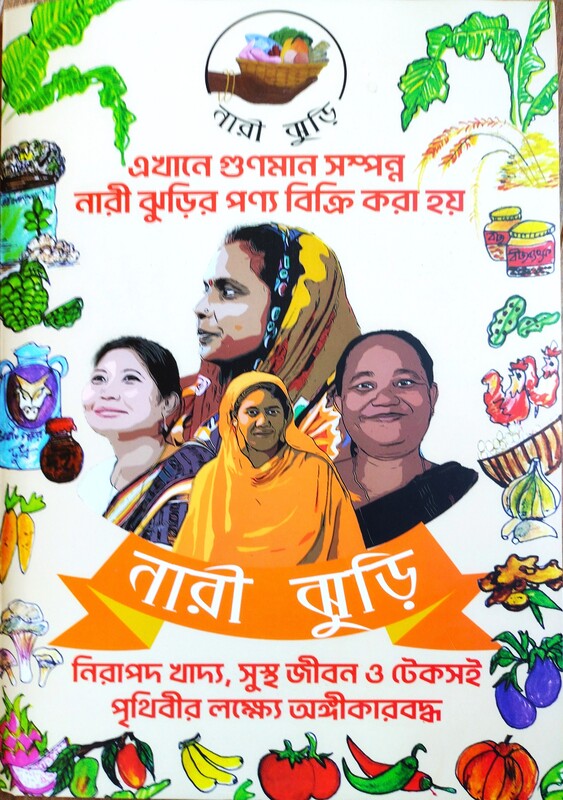
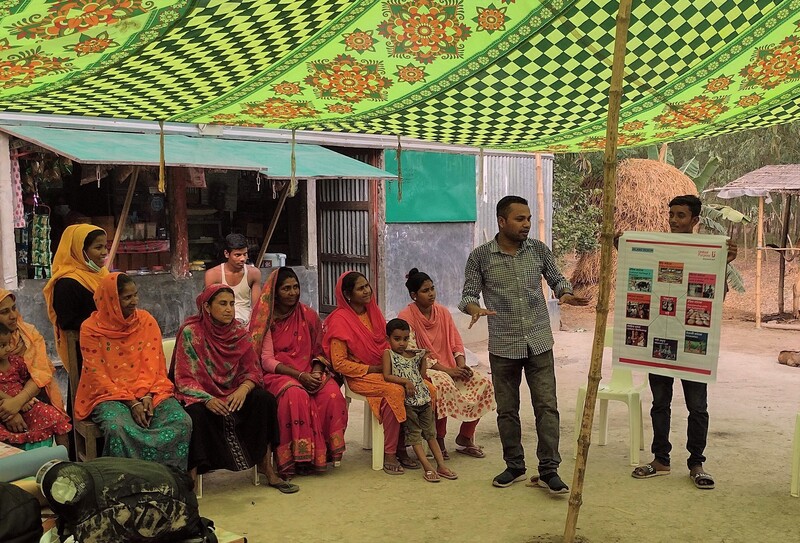
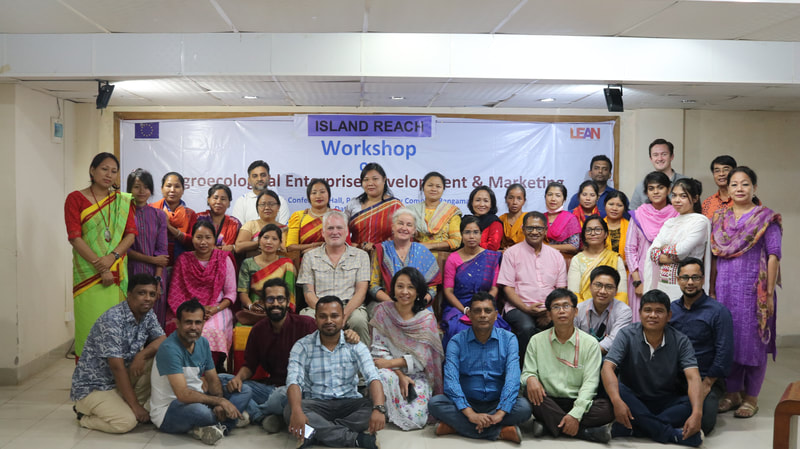
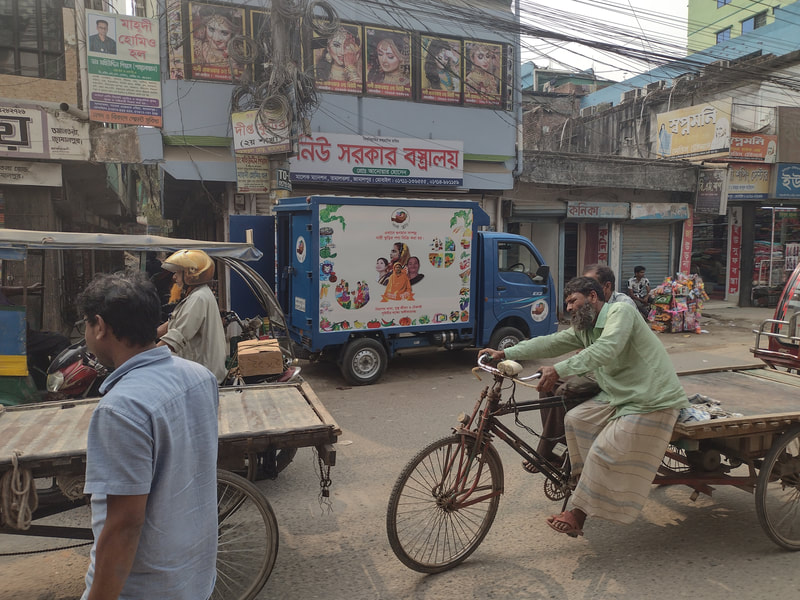
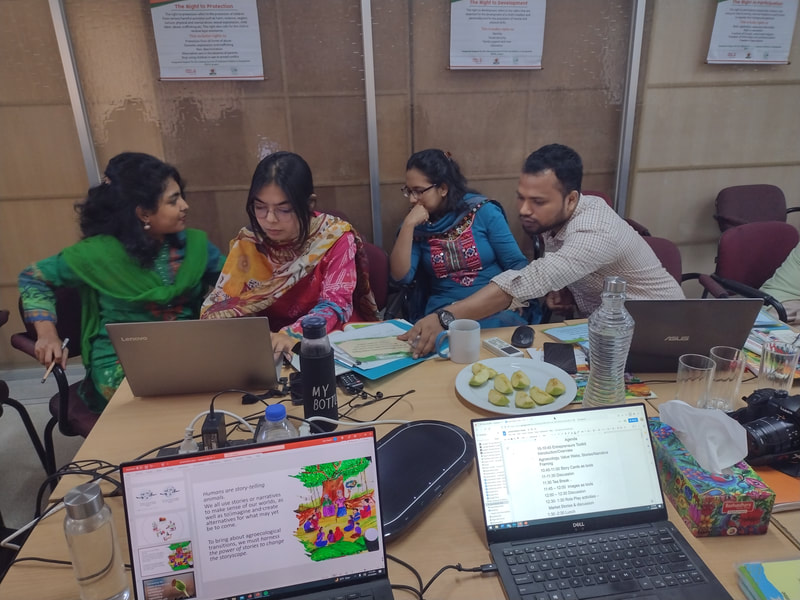
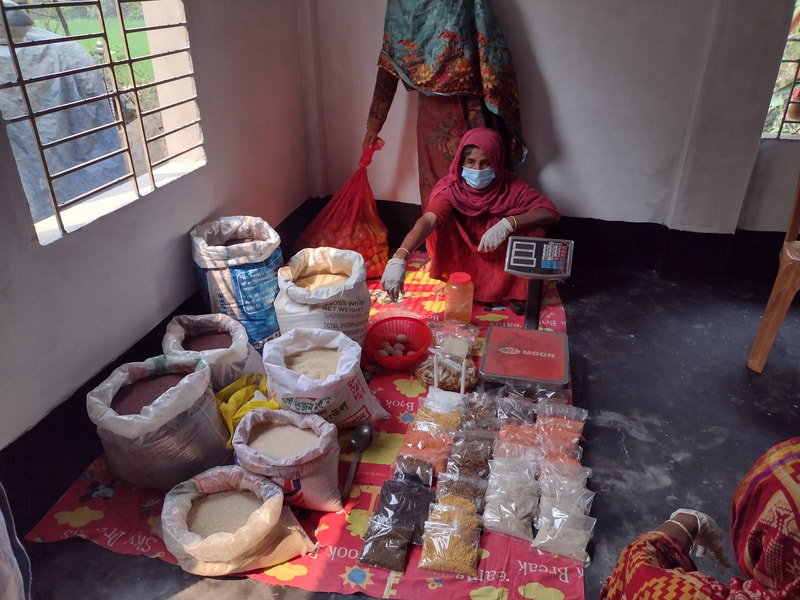
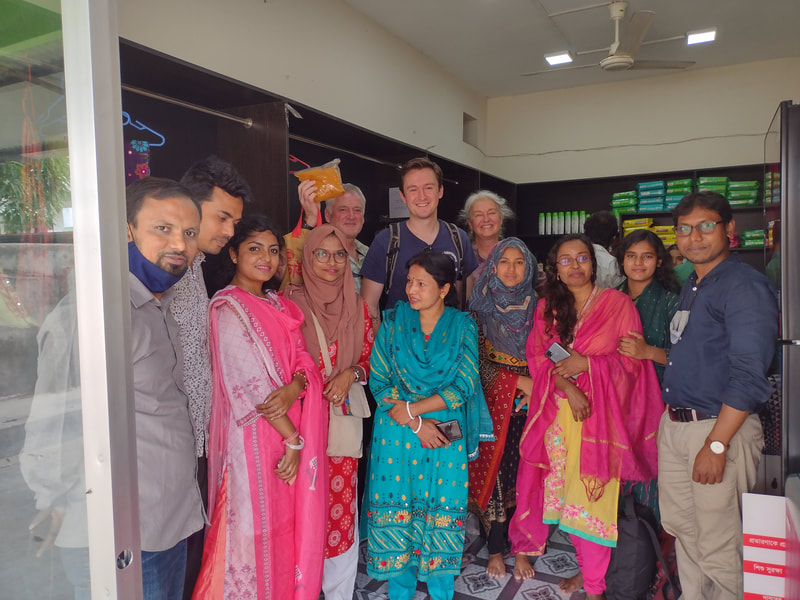
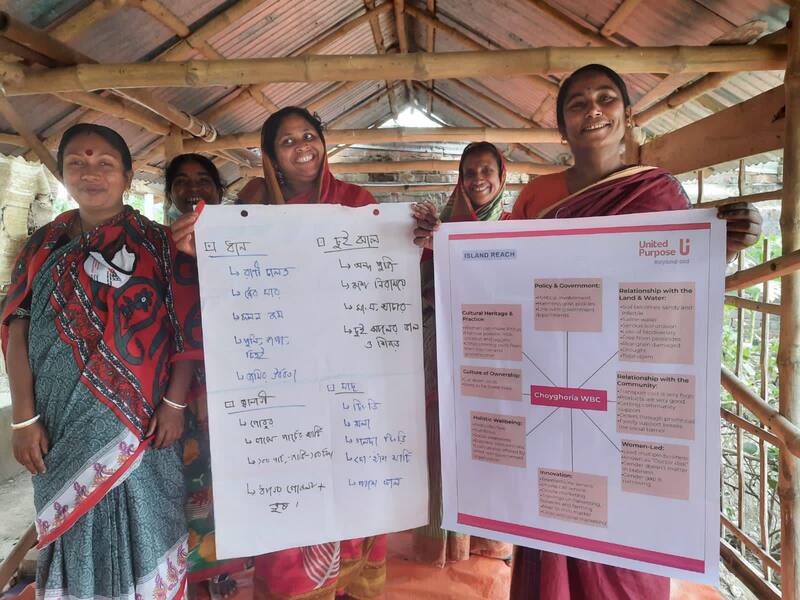
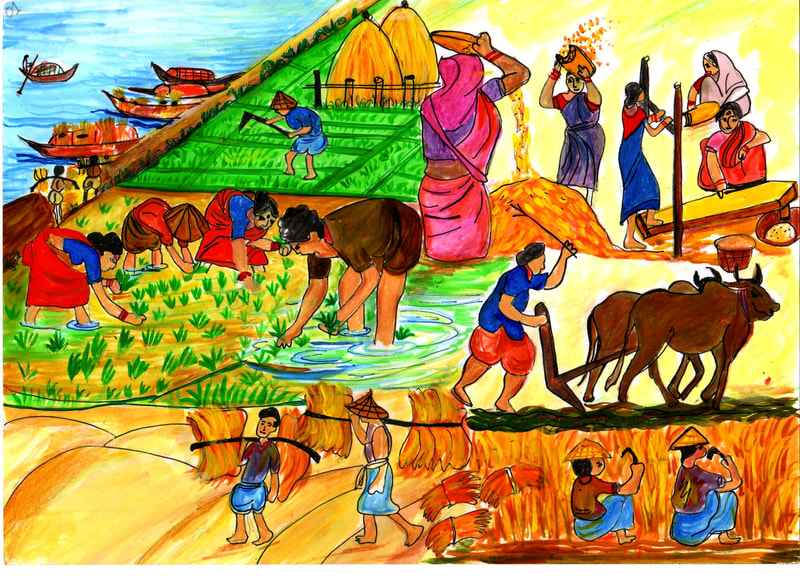
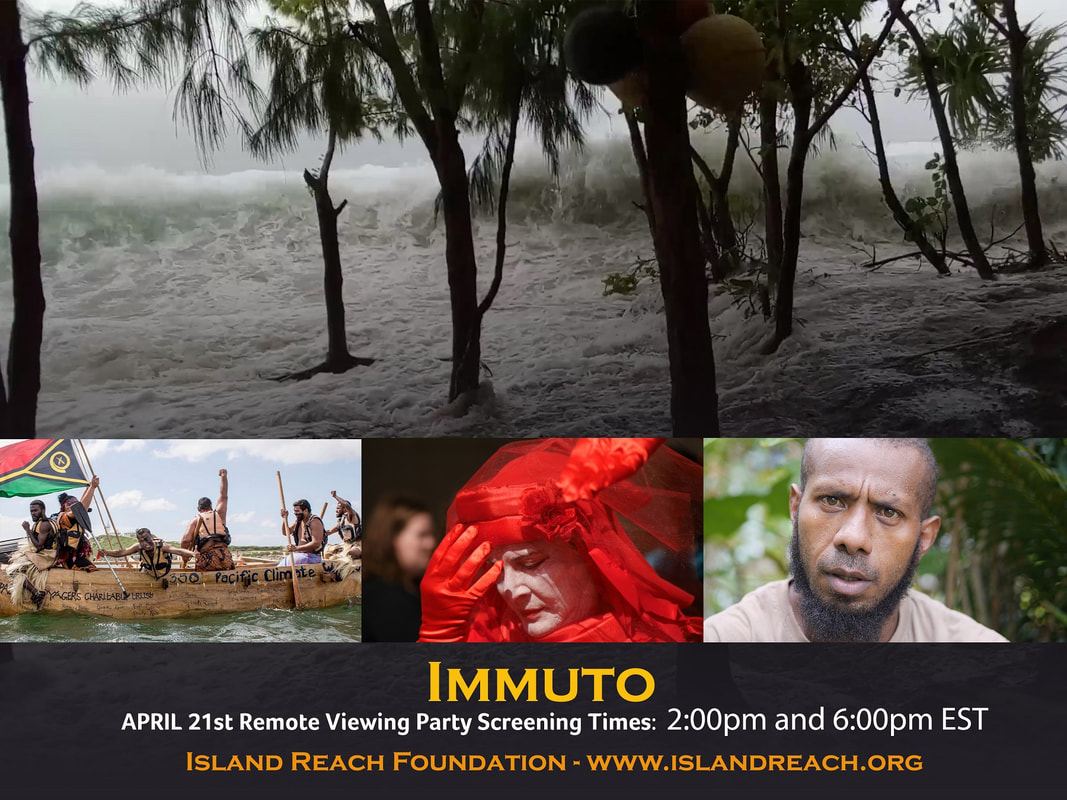
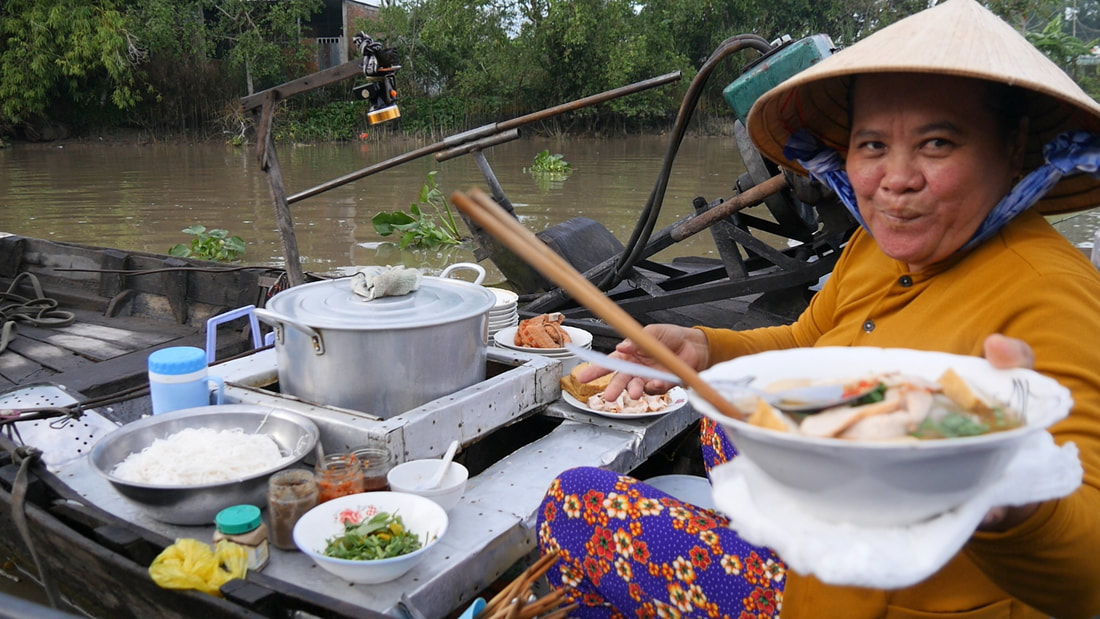
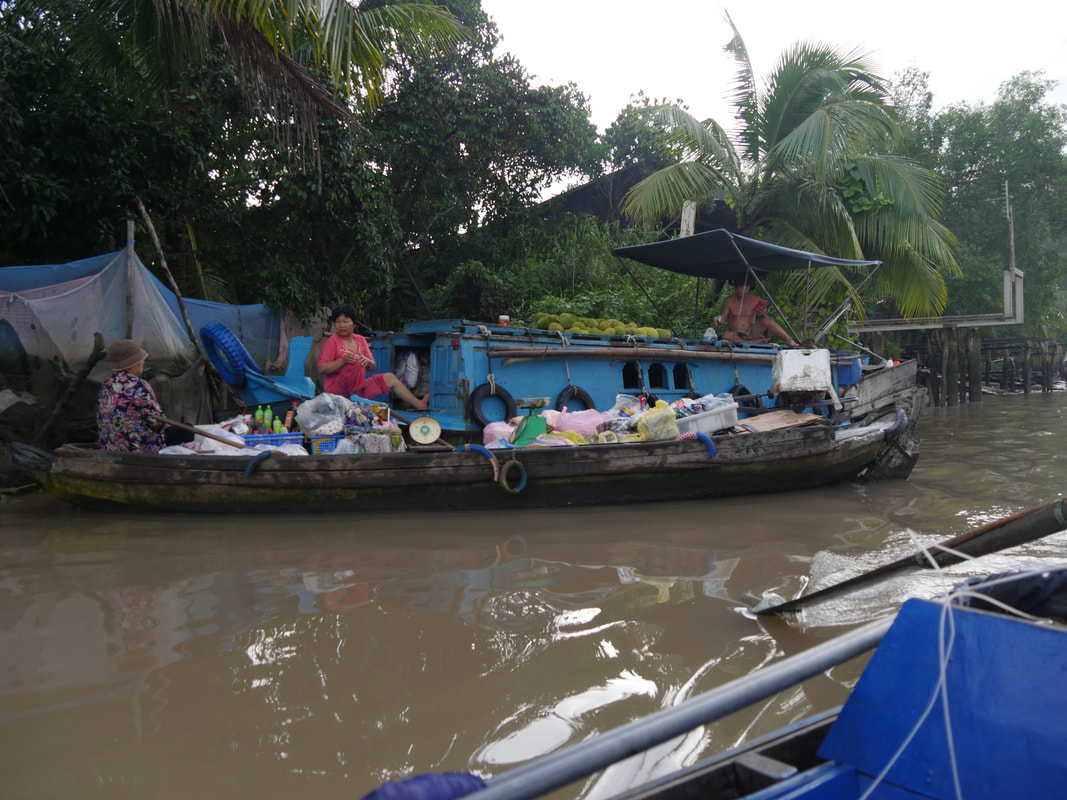
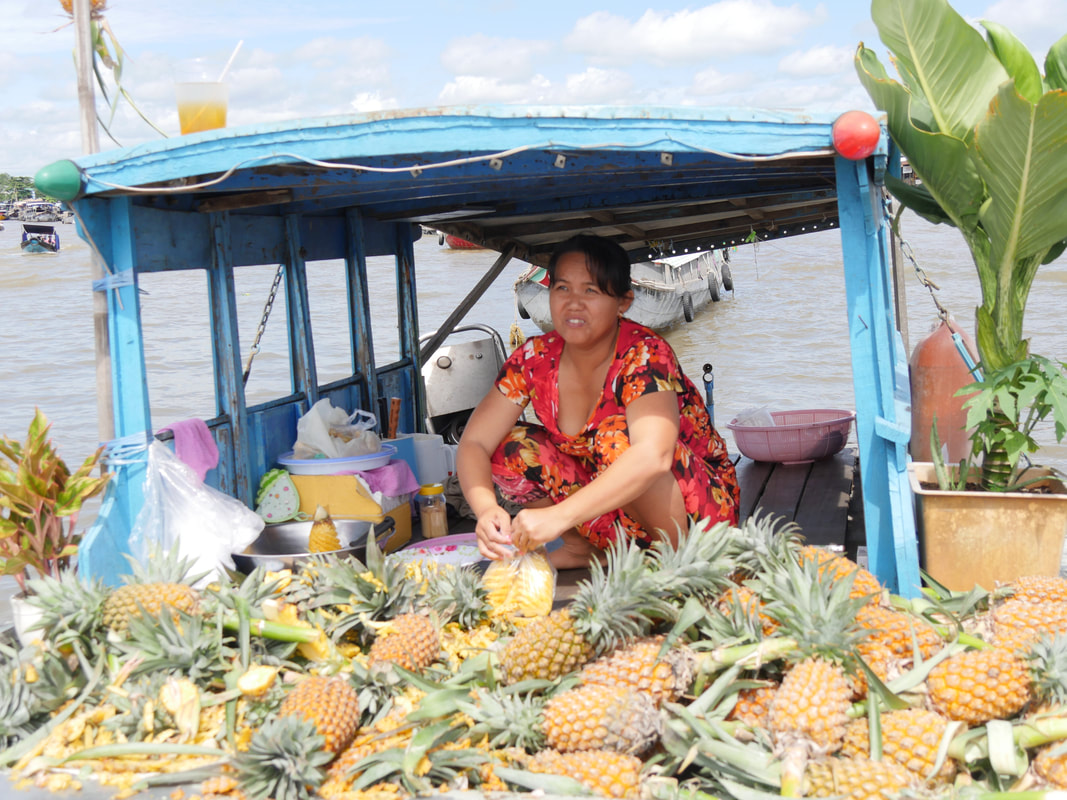
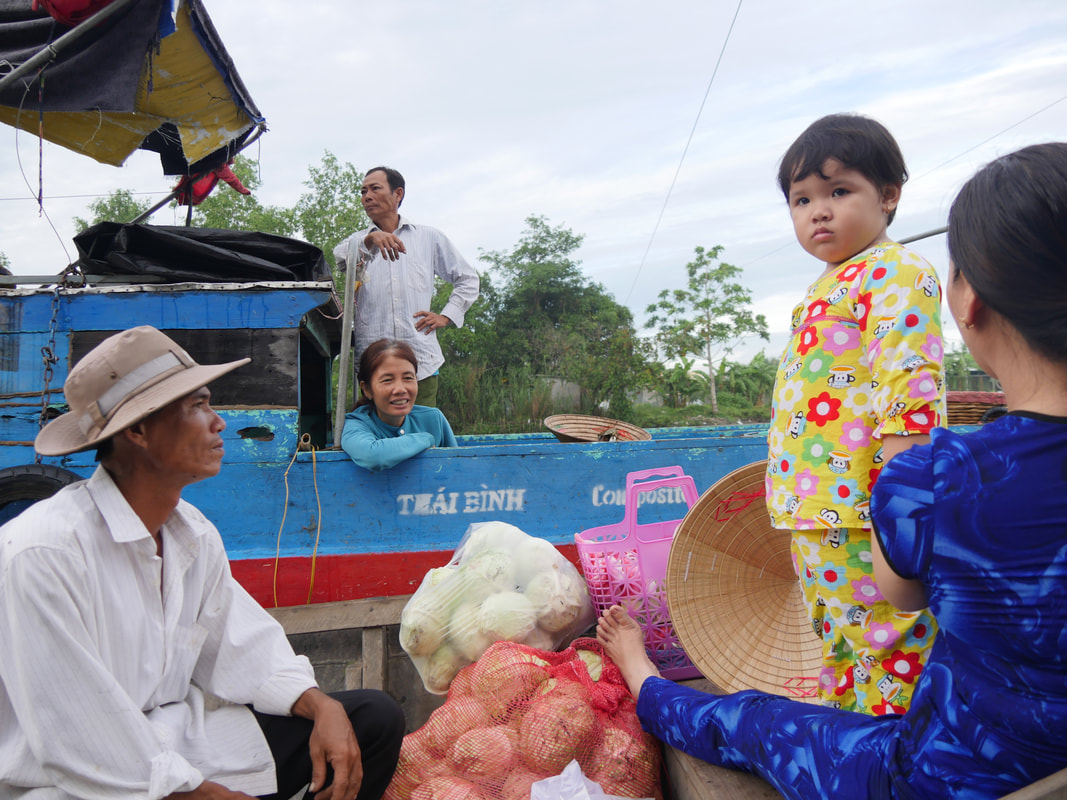
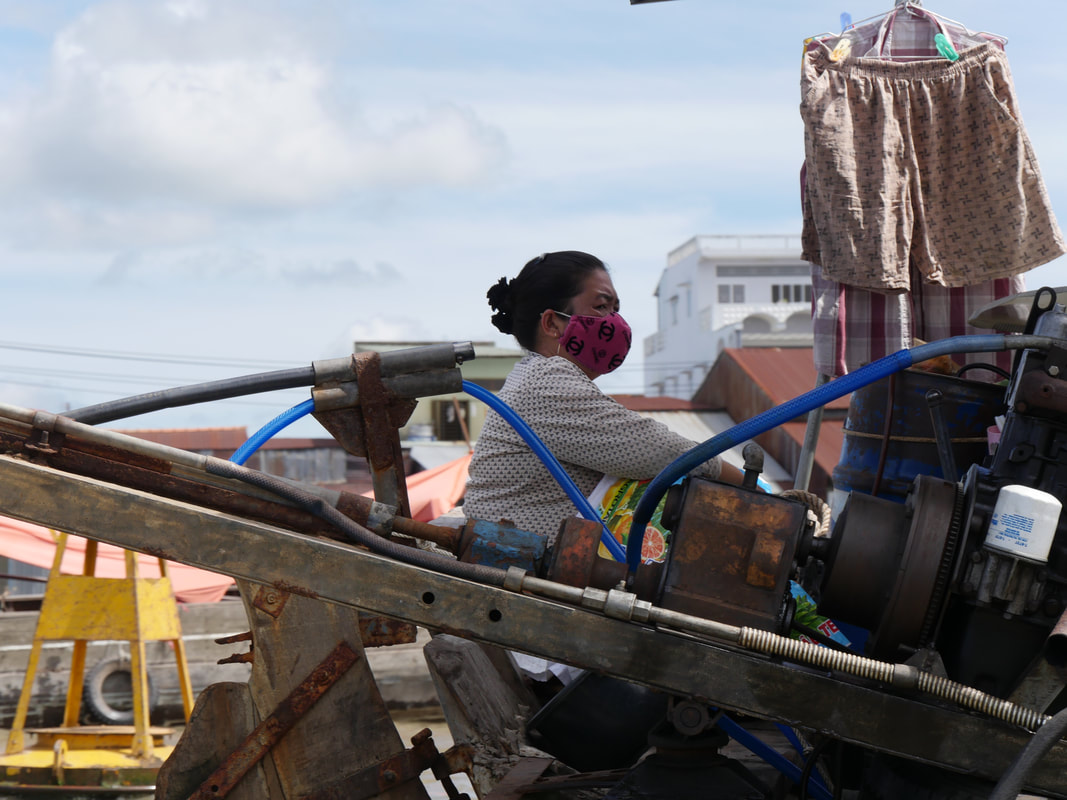
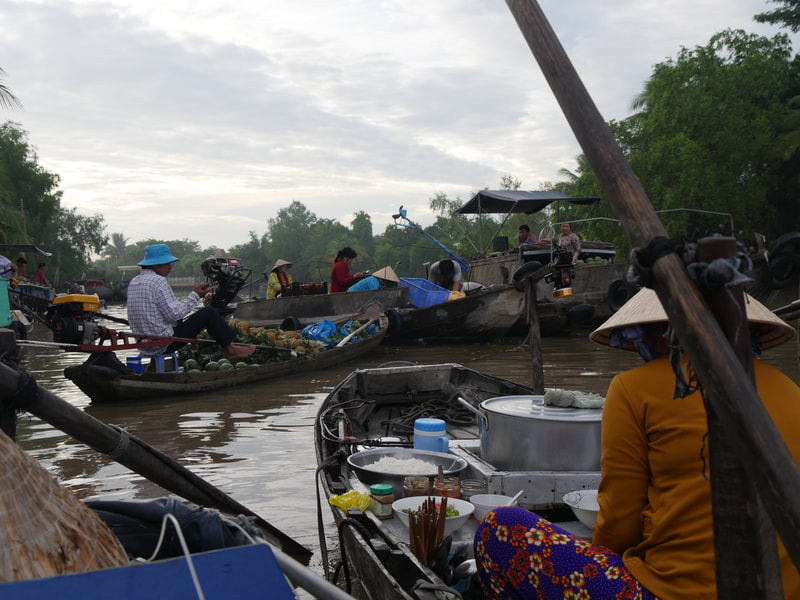
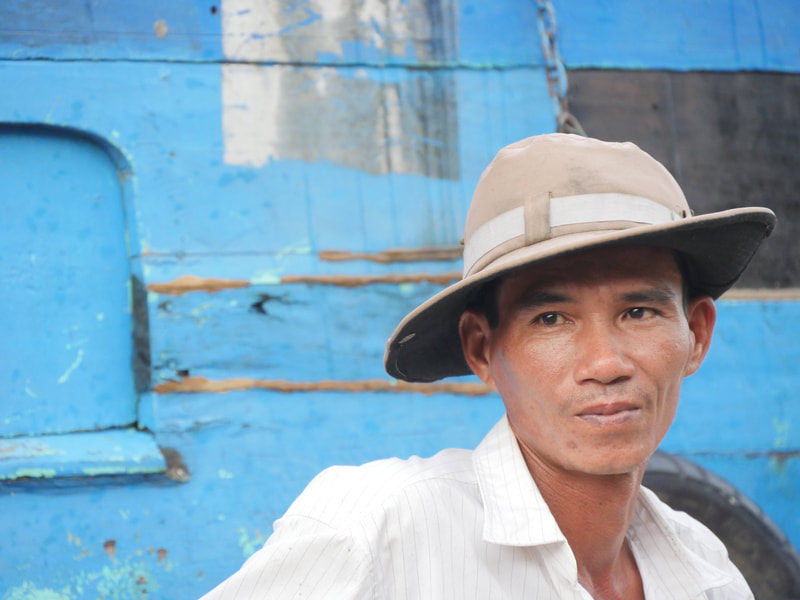
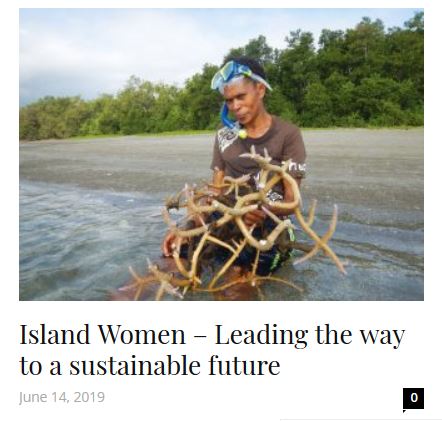
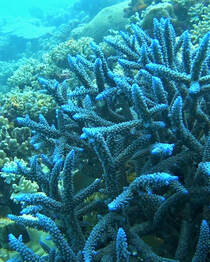
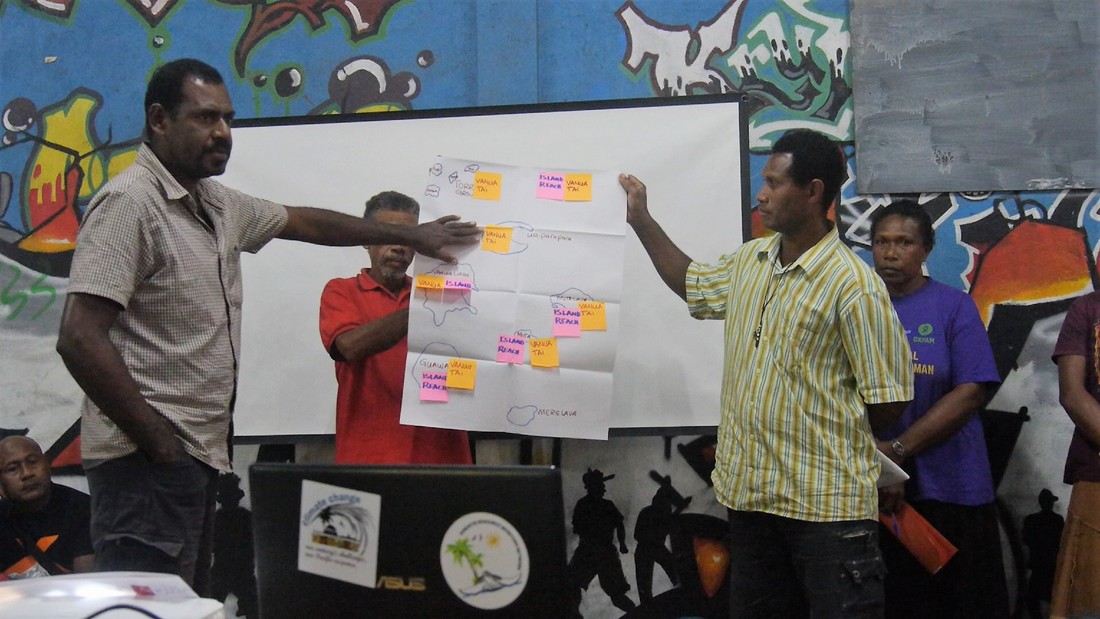
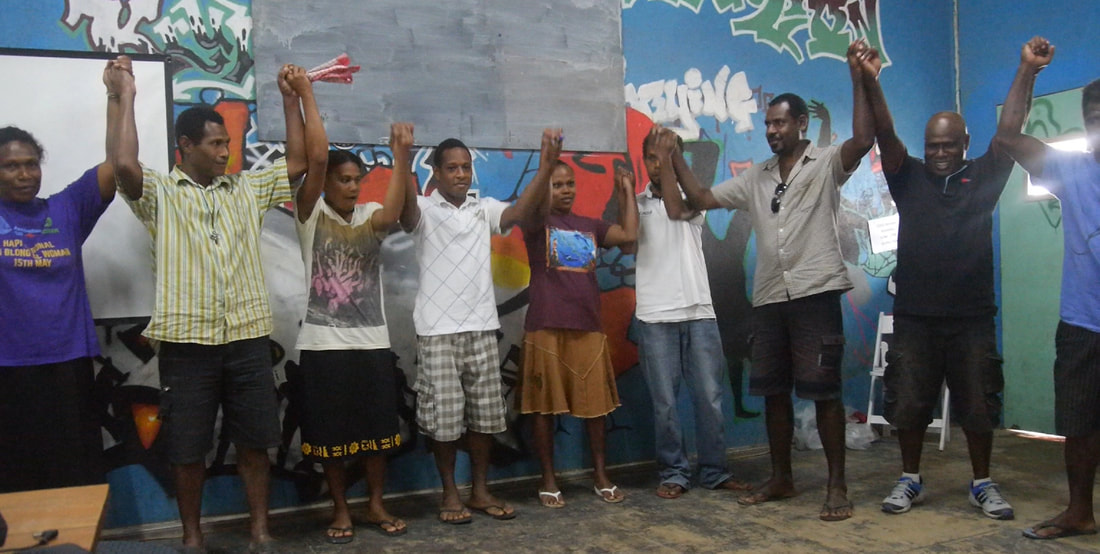
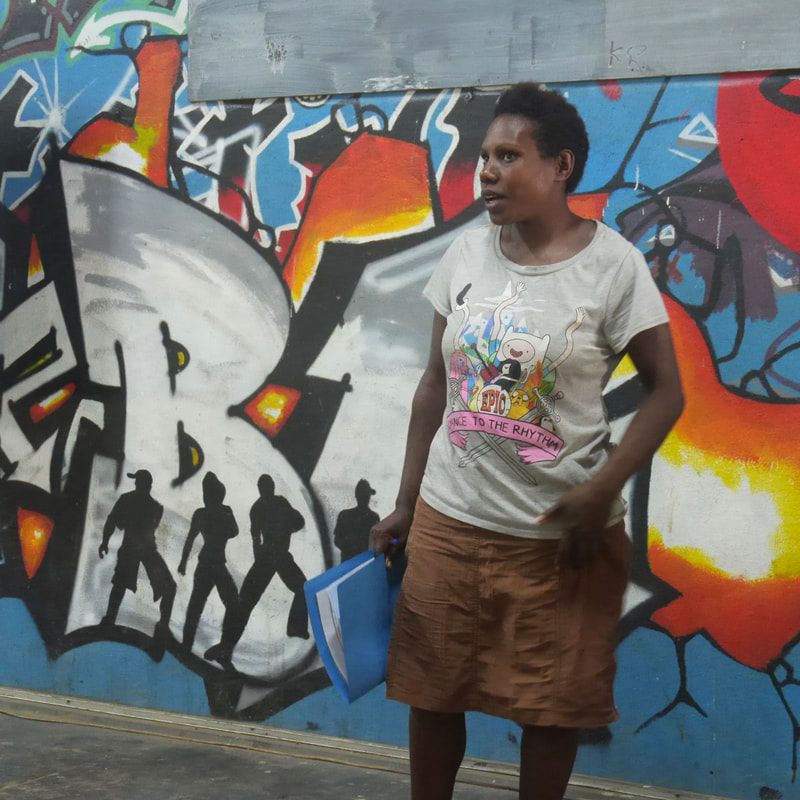
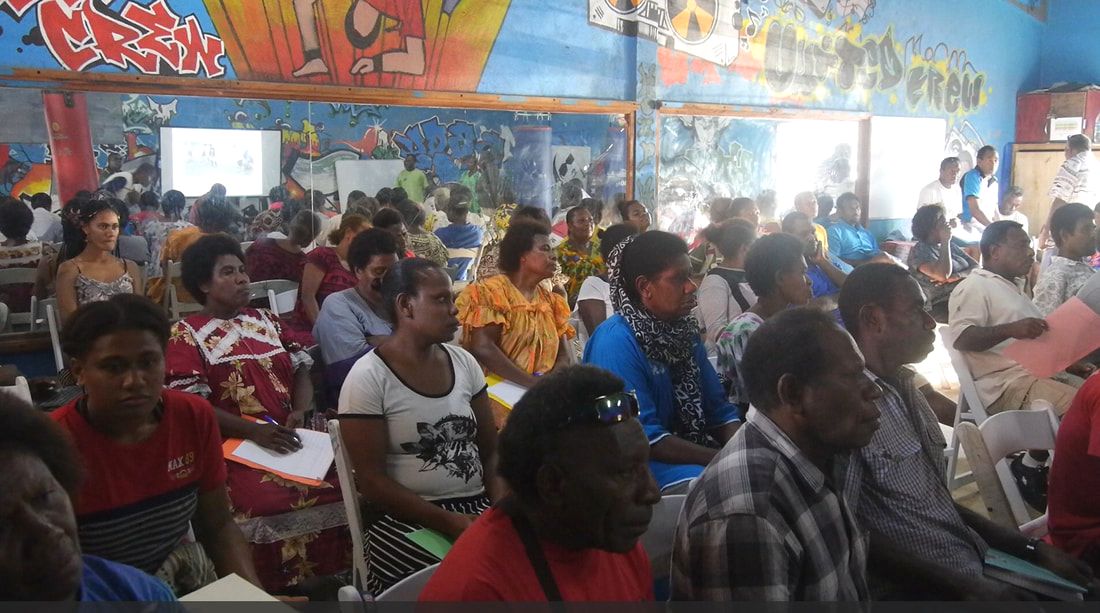
 RSS Feed
RSS Feed